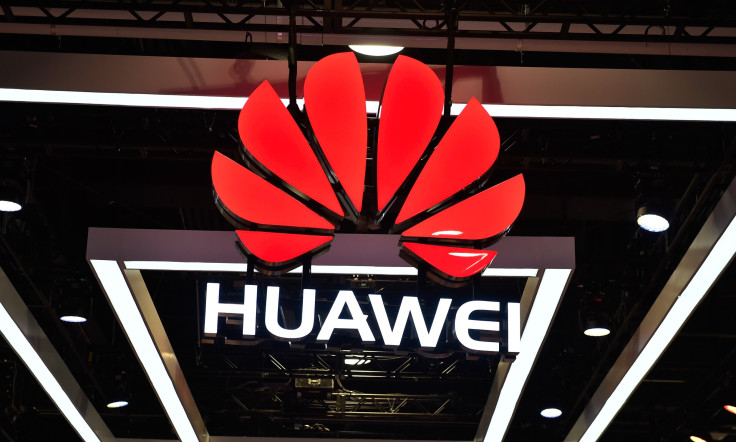Chinese Smartphones From Huawei And ZTE A National Threat, Security Agencies Warn

Chiefs of top intelligence agencies in the United States told the Senate Intelligence Committee on Tuesday that Chinese smartphones posed a threat to American customers.
Directors of the National Security Agency, FBI, CIA and the Defense Intelligence Agency unanimously agreed that phones of smartphone makers Huawei and ZTE should not be used by U.S. citizens. They testified the same before the committee stating they will not recommend the use of the phones manufactured by the Chinese manufacturers over products from Apple.
In the past, Huawei had denied allegations about the security risk posed by the phones manufactured by the company. For years, the Chinese manufacturer relentlessly pursued the U.S. markets but its efforts were thwarted by the U.S. government in 2012 amid concerns that Chinese government can use its smartphones and other products for intelligence gathering. According to reports, the House Intelligence Committee cited security reasons and barred it from selling phones in the country.
Huawei denied the claims, calling them baseless. However on Tuesday, FBI Director Chris Wray explained the reasons why U.S. citizens and security agencies should refrain from using these products.
He said any company with ties to a foreign government posed a threat to the country’s telecommunication infrastructure. Referring to this, he said, as a global leader in network equipment, Huawei was blocked from selling technology to federal agencies in the past.
“We’re deeply concerned about the risks of allowing any company or entity that is beholden to foreign governments that don’t share our values to gain positions of power inside our telecommunications networks,” he said.
According to reports, in January a deal between Huawei and the U.S. mobile carrier AT&T fell through. Huawei, with a strong client base in their home country, had also successfully ventured into the European markets but failed to gain entry into the U.S. markets despite multiple efforts by the company.
"The U.S. market presents unique challenges for Huawei, and while the Huawei Mate 10 Pro will not be sold by U.S. carriers, we remain committed to this market now and in the future," Huawei said in a statement.
"U.S. customers need a better choice, and as a leader in technology and innovation, Huawei is prepared to fill this need," it added.
Huawei’s CEO Richard Yu said it was unfortunate at this time that the company cannot offer the product to the U.S. customers, adding, “it’s a big loss for consumers, because they don’t have the best choice for devices.”
This wasn’t the first instance when the distrust for the Chinese phone manufacturer reared its head. The concerns of the intelligence agencies was backed by an event in 2014 where the U.S. Computer Emergency Response Team (CERT) issued a warning alerting business establishments of a flaw in Huawei's popular E355 wireless broadband modem that was immensely vulnerable to cyber-attacks. The CERT issued a statement warning the companies about the threat.
"Huawei E355 wireless broadband modems include a web interface for administration and additional services. The web interface allows users to receive SMS messages using the connected cellular network," explained the advisory.
"The web interface is vulnerable to a stored cross-site scripting vulnerability. The vulnerability can be exploited if a victim views SMS messages that contain JavaScript using the web interface. A malicious attacker may be able to execute arbitrary script in the context of the victim's browser."
Huawei confirmed the statement assuring customers they were fixing the issue pertaining to the modems.
“Huawei has noticed that several websites reported the CSRF vulnerability on Huawei E355, E5331, E303, B593 3G Mobile Wi-Fi Devices. Huawei has analyzed and investigated the vulnerability and informed involved customers. Huawei has prepared a fixing plan and started the development and test of fixed versions,” statement said.
In light of these events Huawei’s prospects of conquering the U.S. telecommunications markets remain bleak.
© Copyright IBTimes 2025. All rights reserved.





















